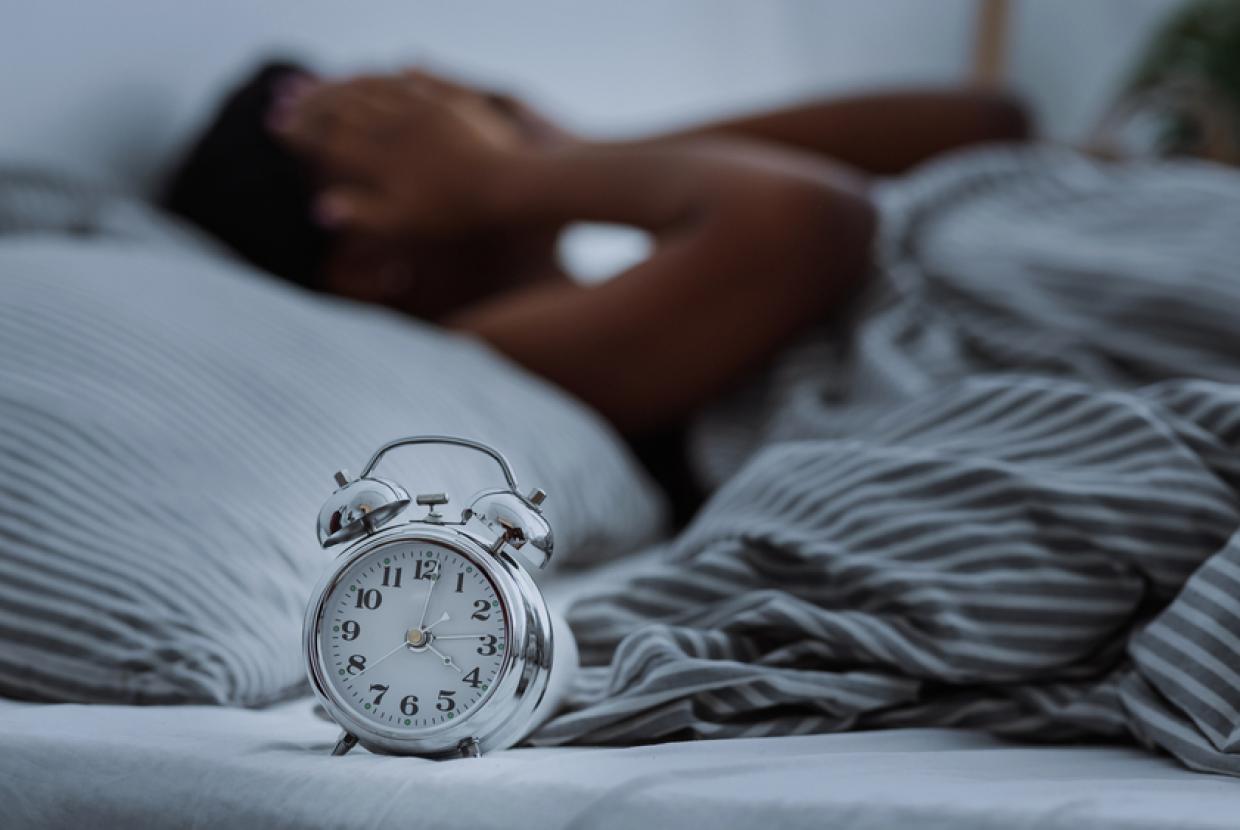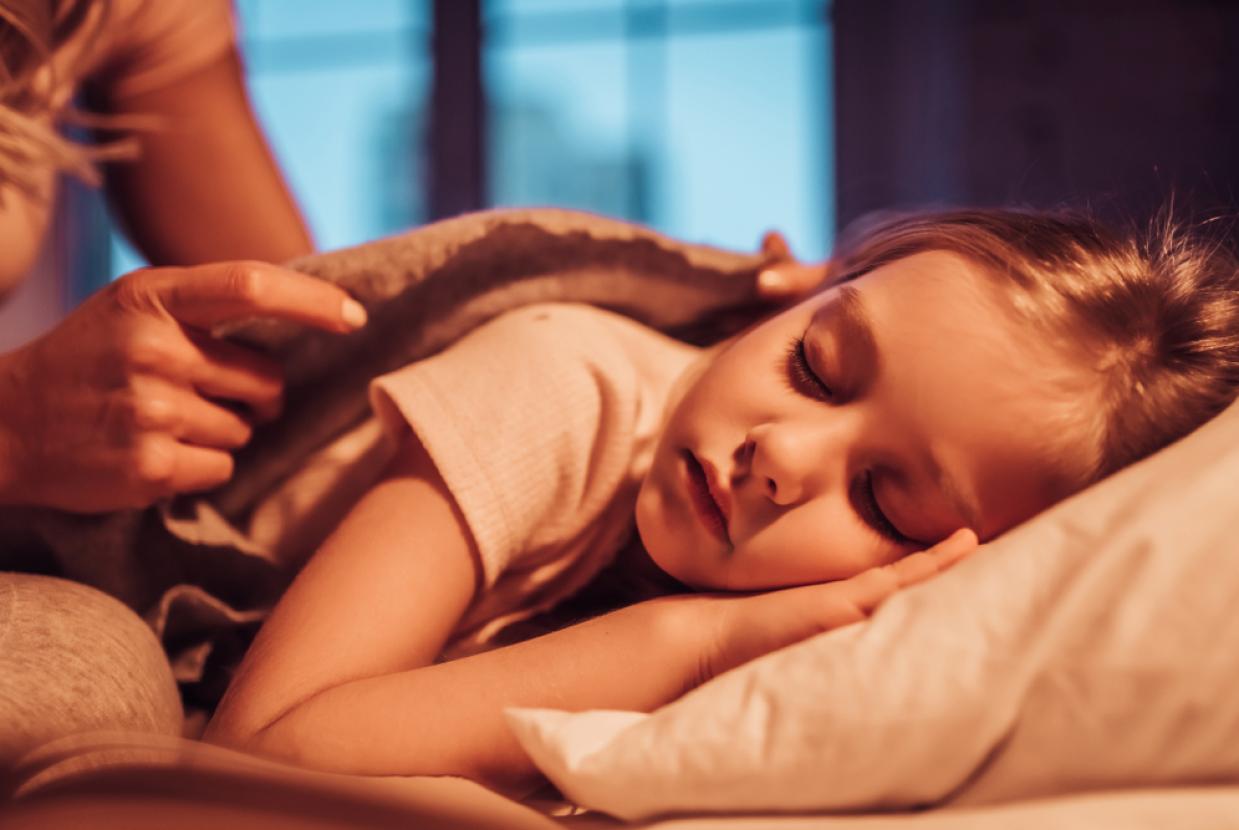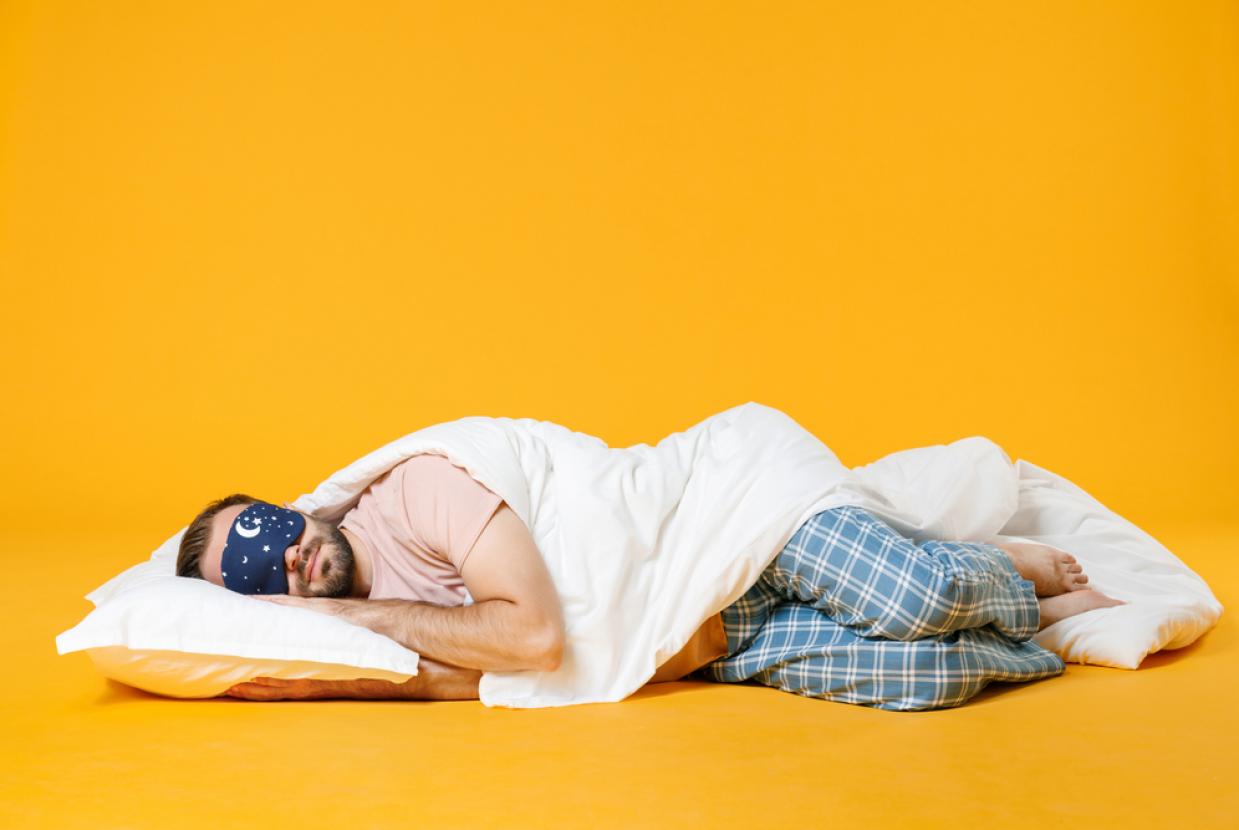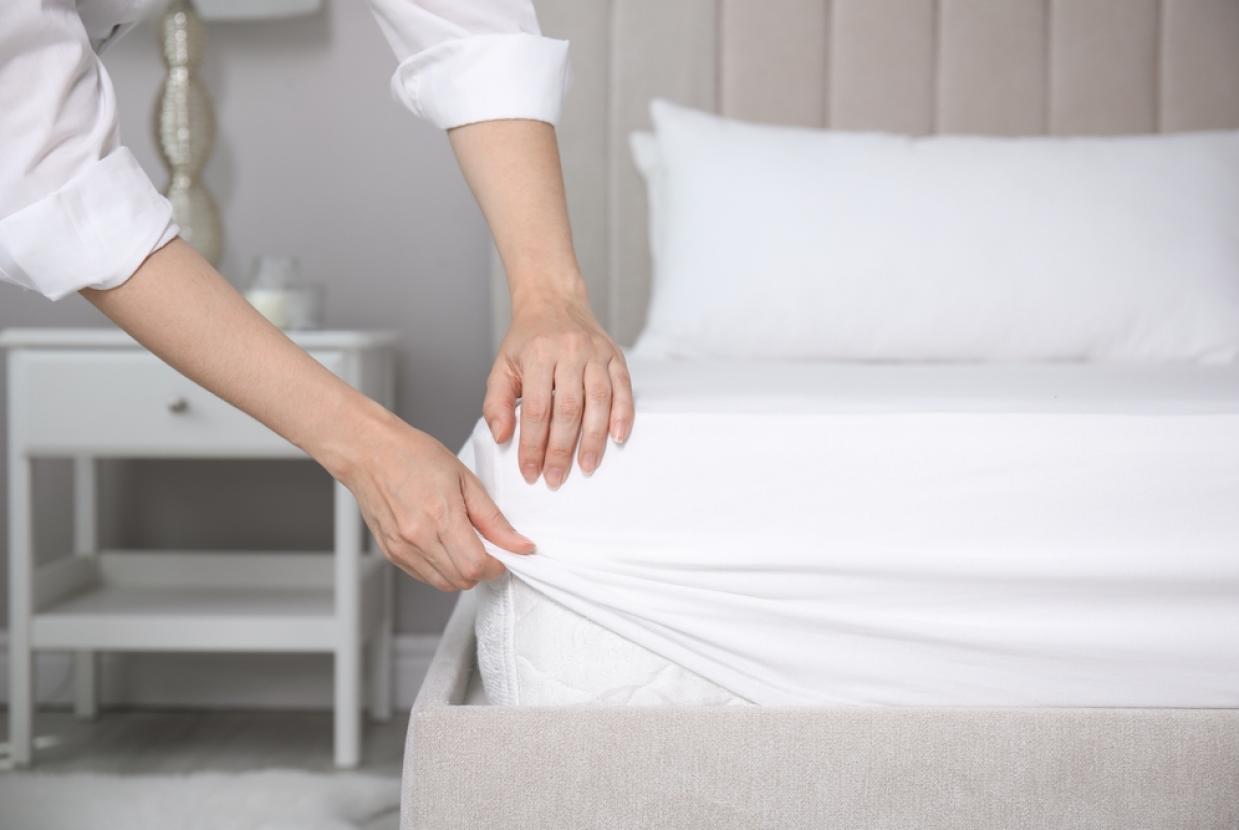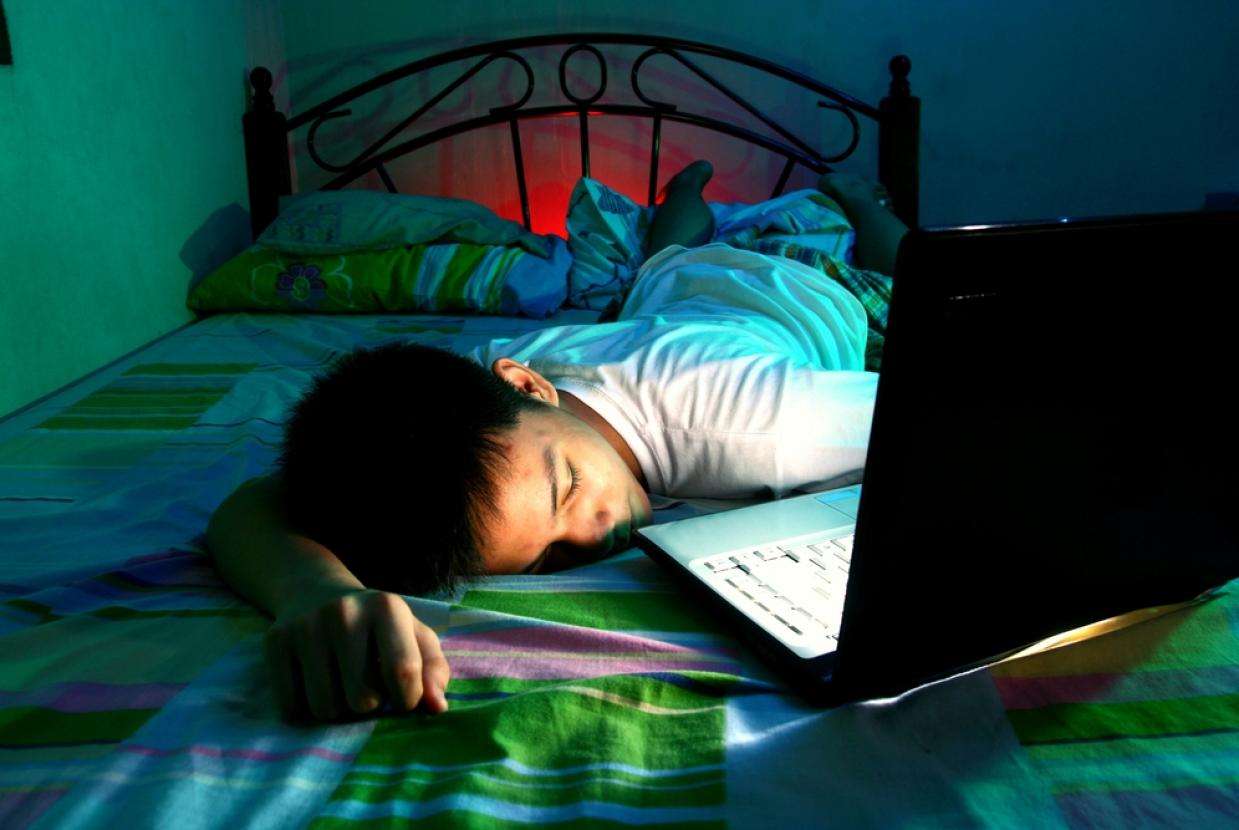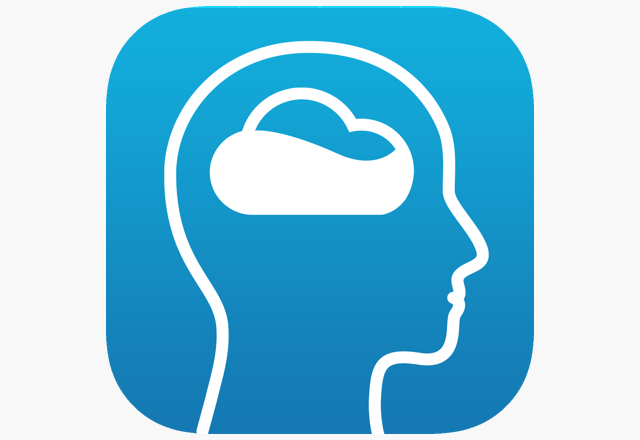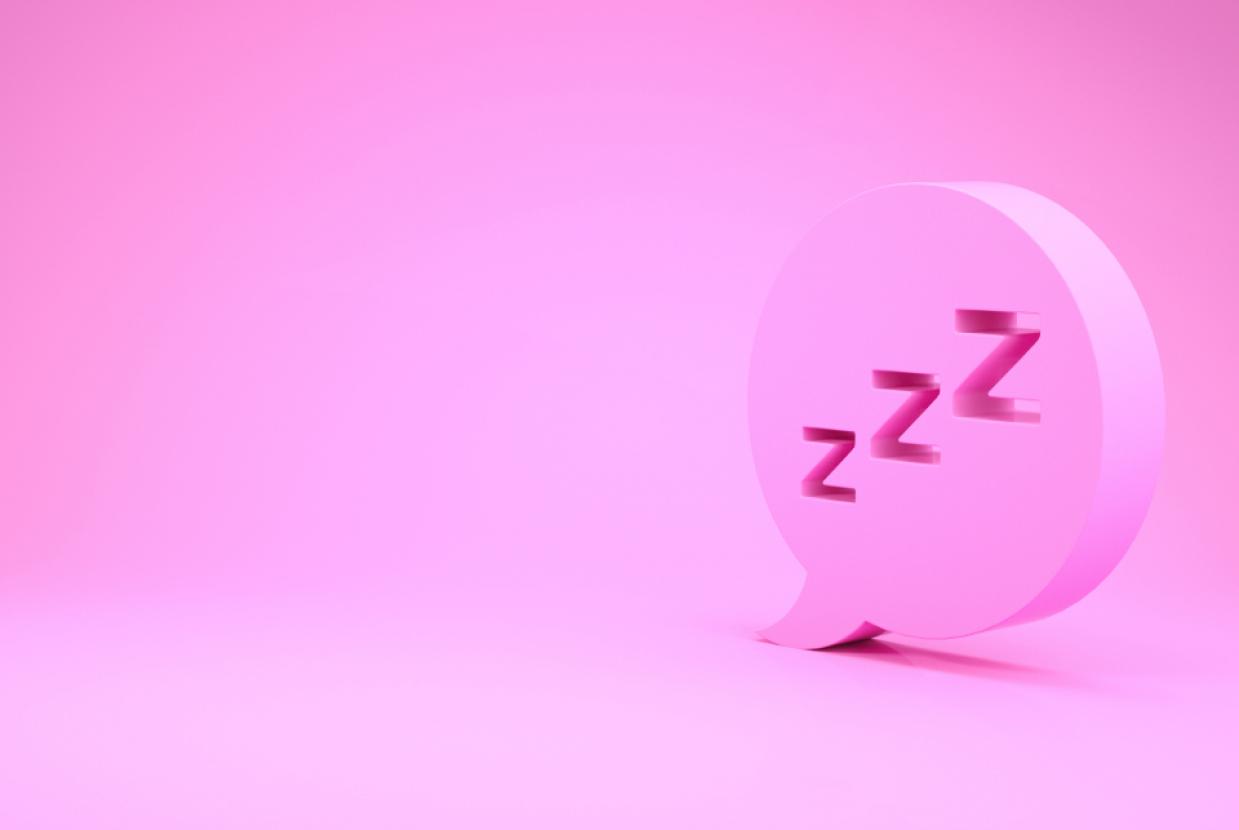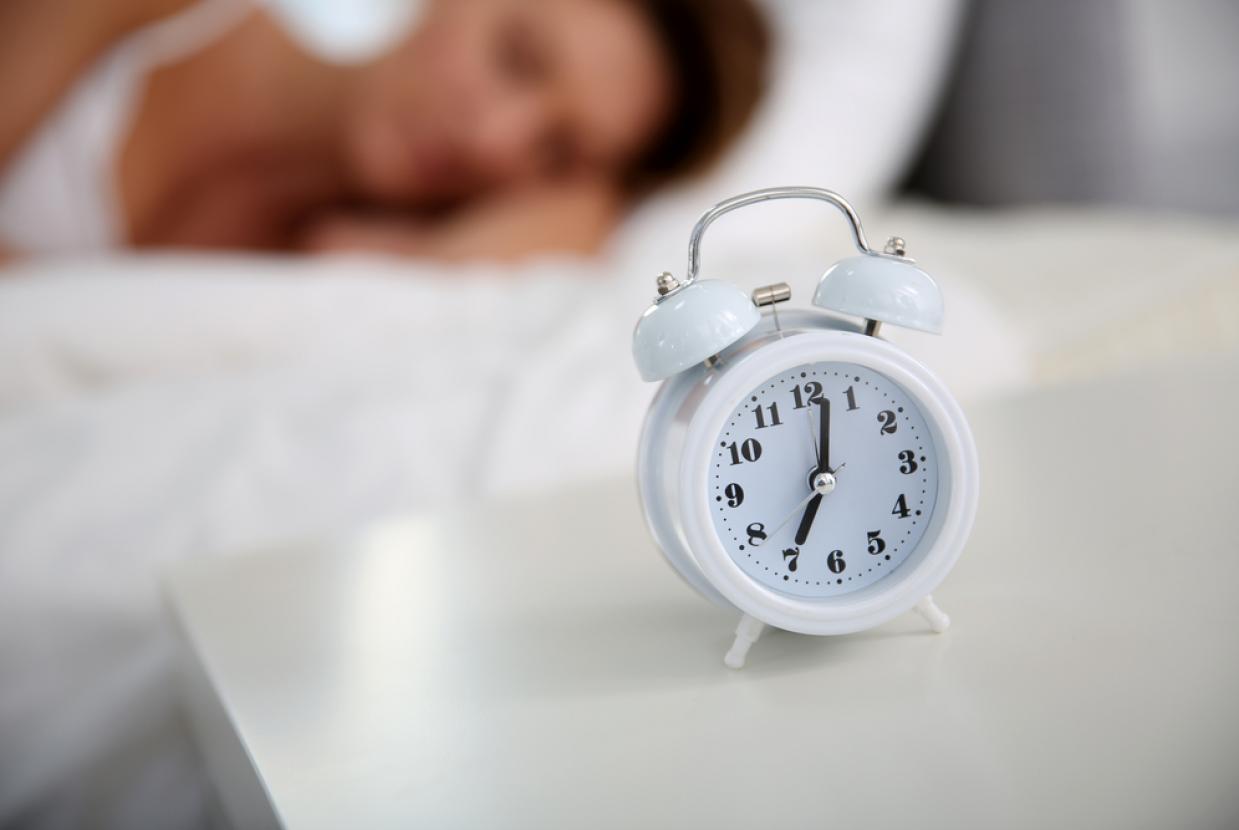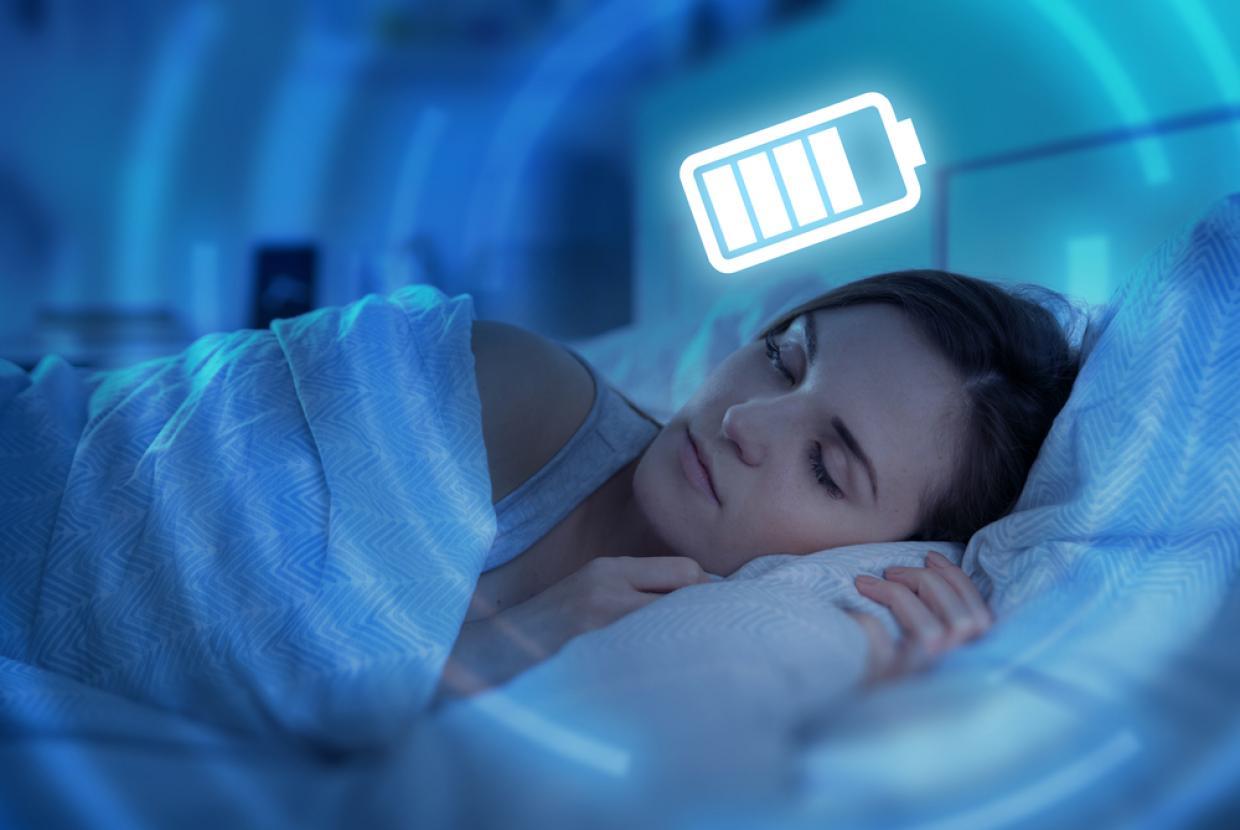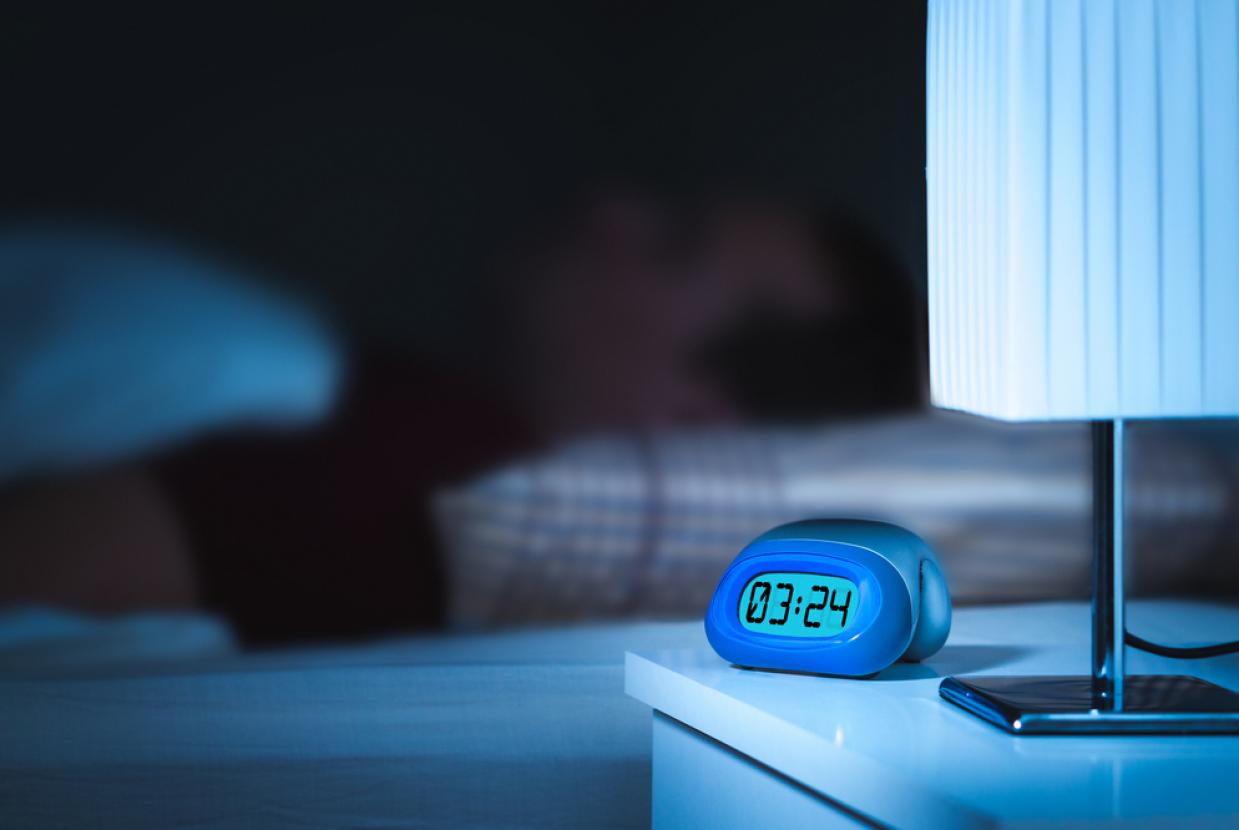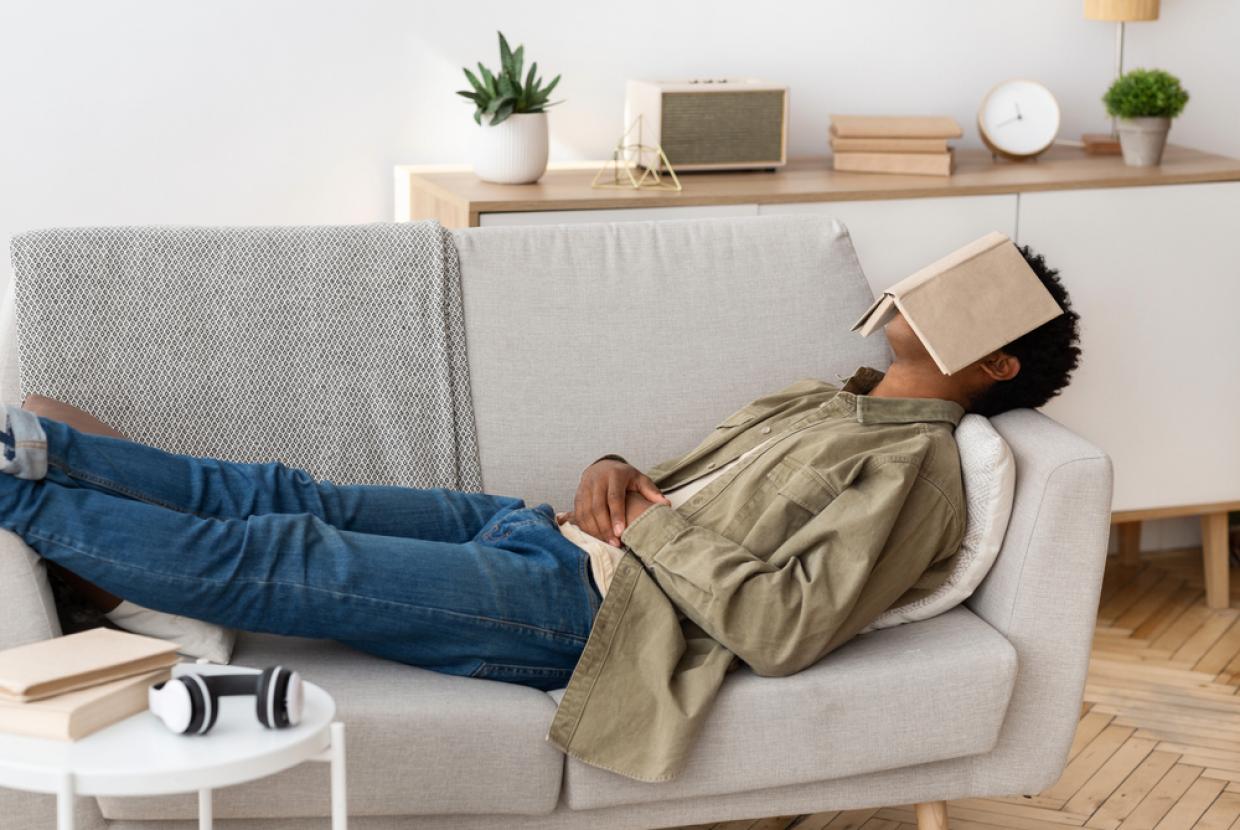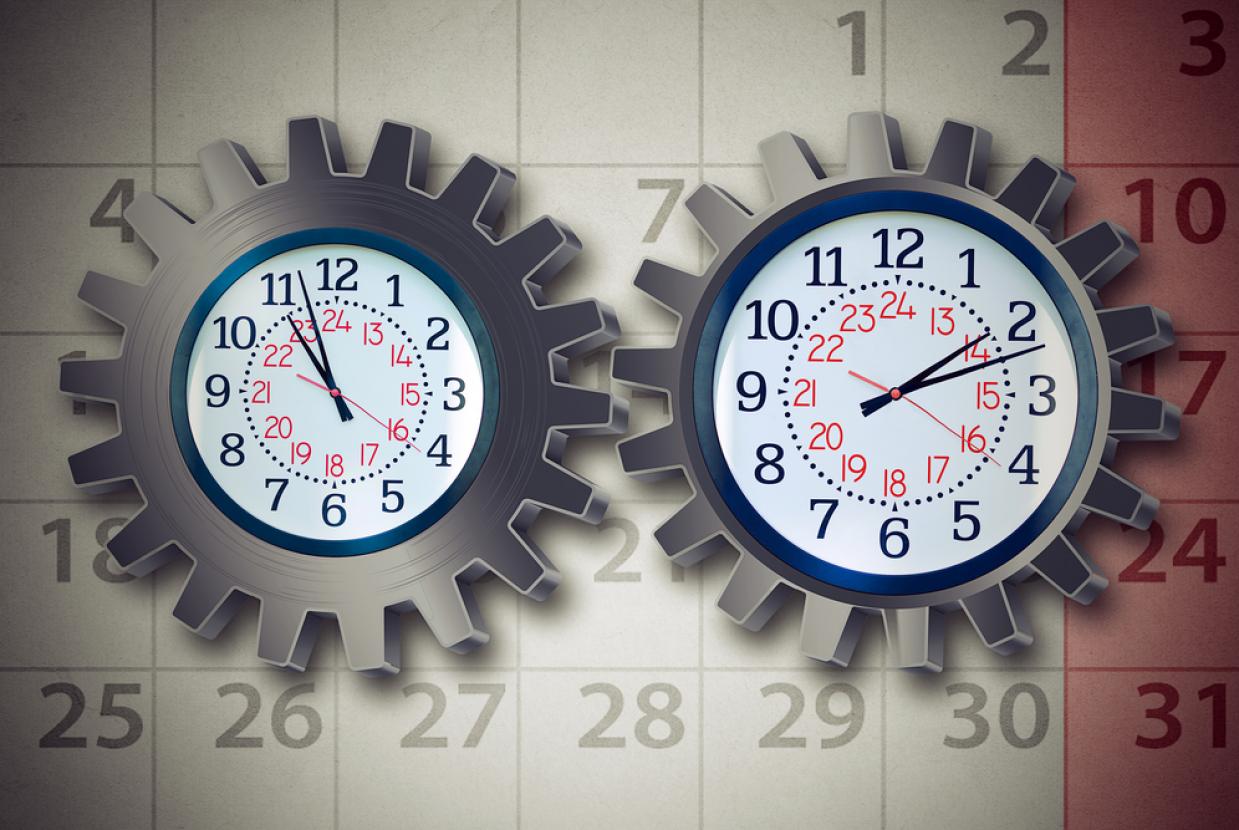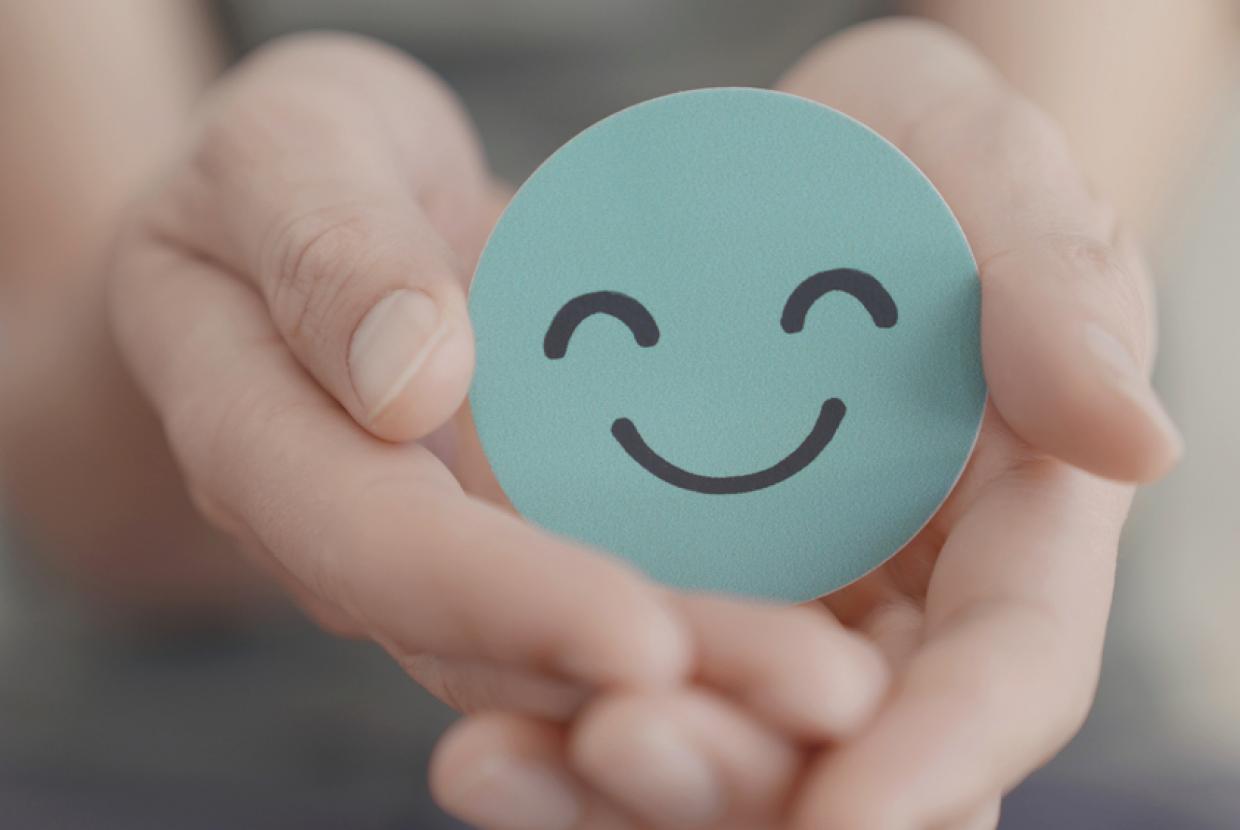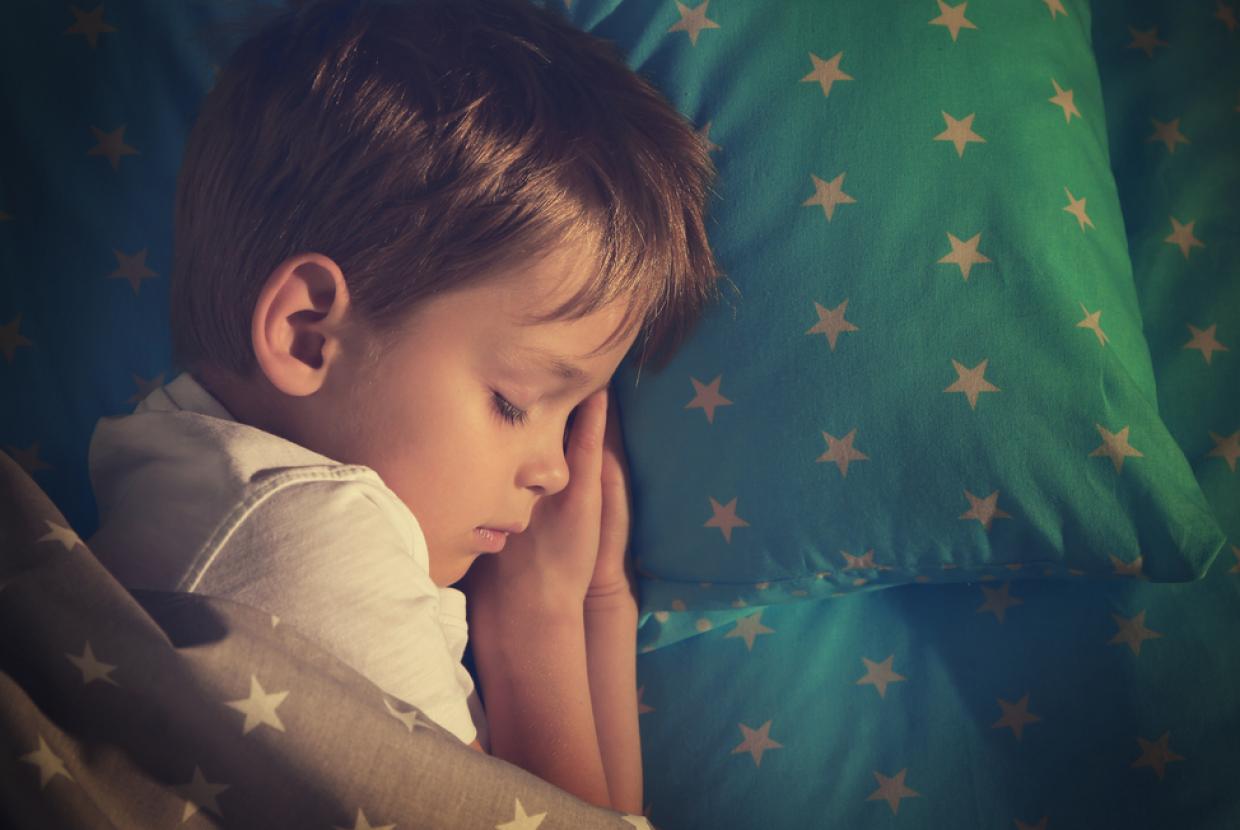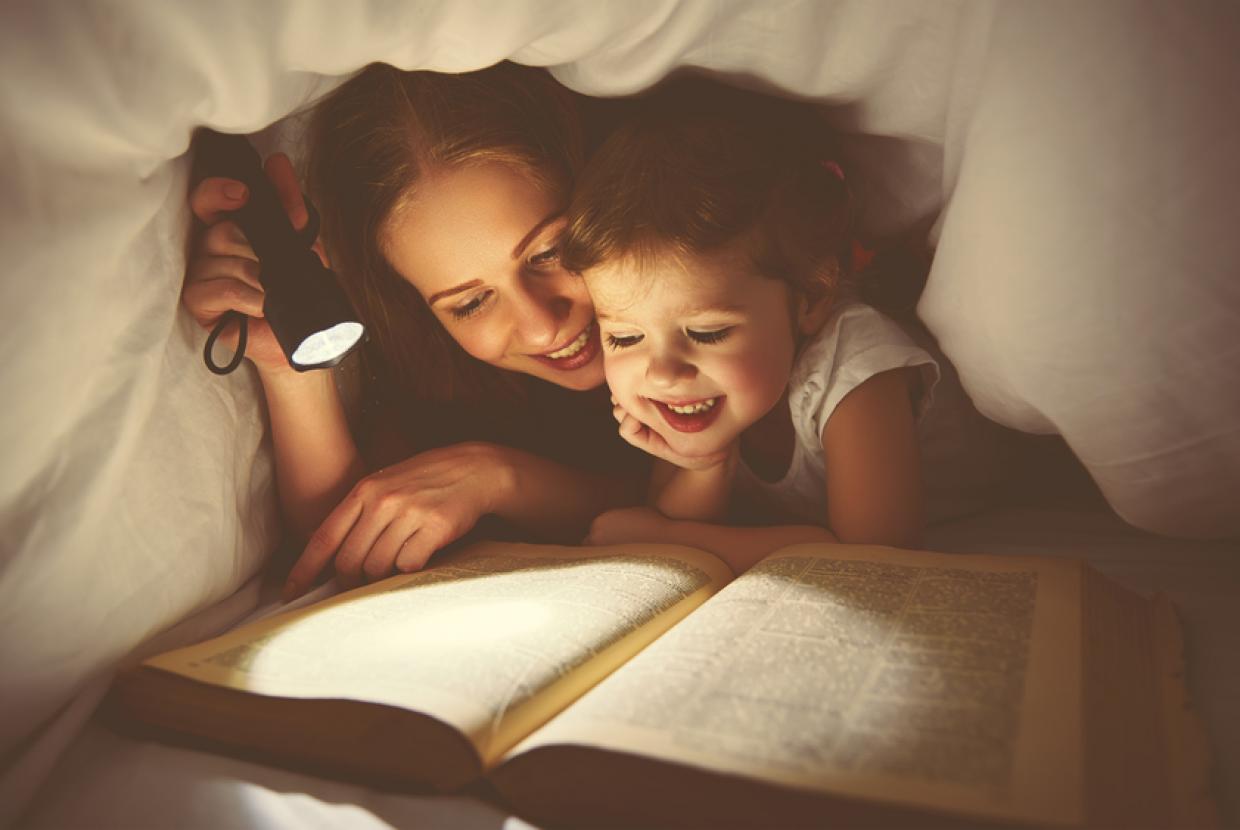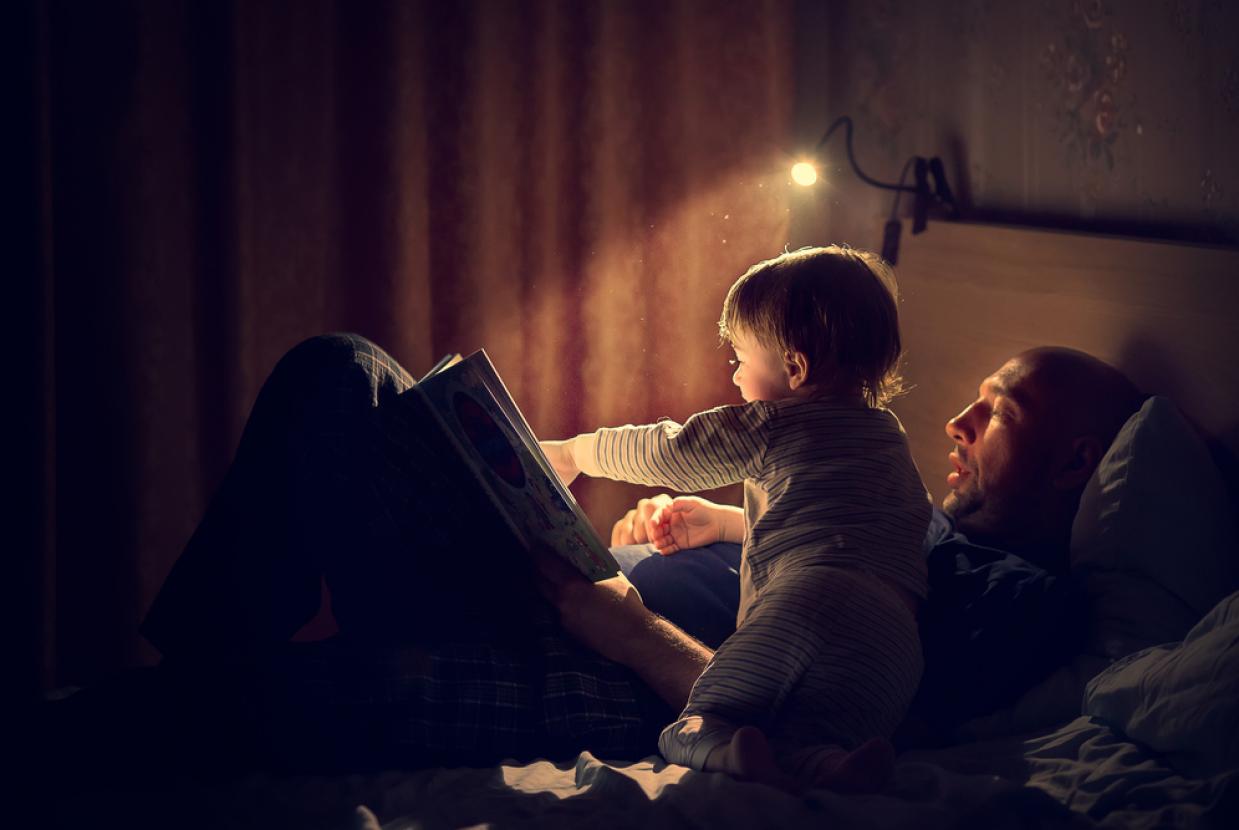World Sleep Day: Why Do We Need Sleep?
Sleeping BetterIf you’ve stayed awake all night—by choice, out of necessity, or in spite of your efforts to sleep—you know just how critical sleep is to your wellbeing.
The consequences of sleep deprivation are serious, so it’s worth learning why sleep matters, how it works, and how to give yourself the best chances of getting a good night’s sleep.
Why Getting Enough Sleep Is Important
Sleep is an essential function that allows your body and mind to recharge, leaving you refreshed and alert when you wake up. Healthy sleep also helps the body remain healthy and stave off diseases. Without enough sleep, the brain cannot function properly, impairing your abilities to concentrate, think clearly, and process memories.
Sleep serves a variety of important physical and psychological functions, including:
- Learning and memory consolidation: Sleep helps with focus and concentration—and it allows the brain to register and organise memories—all of which are vital to learning.
- Emotional regulation: Sleep helps people regulate their emotions and better manage the physical and psychological effects of stress.
- Judgment and decision making: Sleep influences a person’s ability to recognise danger and threats.
- Problem solving: Research shows that “sleeping on” a complex problem improves a person’s chance of solving it.
- Energy conservation: Sleep allows people to conserve energy through an extended period of reduced activity.
- Growth and healing: Sleep provides the release of growth hormone necessary for the body’s tissues to grow and repair damage.
- Immunity: Sleep supports immune function, allowing the body to fight off diseases and infections.
The Science Behind Why We Sleep
Human beings, like all species on Earth, evolved to survive and thrive on a planet with a 24-hour cycle of day and night. According to some theories of sleep,
sleeping in one consolidated block at night allowed early humans to simultaneously avoid predators, conserve energy, and meet their need for rest. It also kept them from having to adapt to life in two very different conditions—daylight and darkness.
The biological patterns that help humans live according to the 24-hour day-night cycle are called circadian rhythms. These rhythms work alongside the sleep drive—a desire to sleep that grows in intensity the longer a person has been awake—to cause people to feel sleepy at night and alert in the morning.
Circadian rhythms, including the sleep-wake cycle, operate according to environmental cues. Every evening, as darkness sets in, the body begins releasing the sleep hormone melatonin—and every morning, with the arrival of light, the body’s melatonin levels become undetectable. An evening drop and morning rise in body temperature accompanies this cycle, enhancing sleepiness and alertness at the right times.
The Effects of a Lack of Sleep
Not getting the amount of sleep your body needs can have serious consequences. Just one sleepless night can make it harder for you to focus and think clearly, and you might feel tired or sluggish during the day. You’re more likely to feel irritable and to exercise poor judgment when you haven’t had enough sleep. And sleep deprivation significantly elevates your risk of making a mistake at work or having a car accident.
Long-term sleep deprivation carries all these risks and more. Chronic insufficient sleep may:
- Suppress your immune system, increasing your susceptibility to sickness and infection
- Increase your risk of developing heart problems, type 2 diabetes, and high blood pressure
- Interfere with your metabolism and elevate your risk for obesity
- Cause your relationships to suffer at work and at home
- Lead to depression and anxiety
The effects of sleep debt compound quickly, so the sooner you can address sleep difficulties, the better.
Content sourced from the Sleep Foundation (sleepfoundation.org). Click here to view our Sleeping Better Health Articles.





